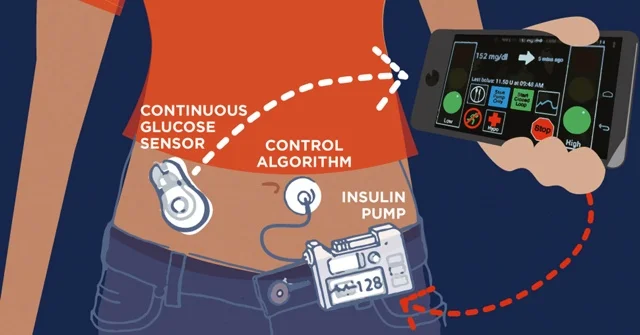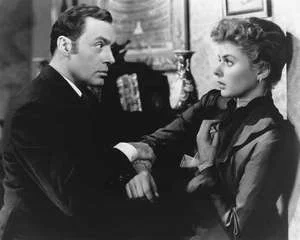A UCC (Urgent Care Clinic) deals with illnesses, medical conditions and accidents that are not life-threatening and do not require an ambulance to take the patient directly to hospital, but are serious enough to require immediate attention.
ZG: 7
Government advertising is slowly spreading the word about UCCs so in time we should all be familiar with them.
Read More

















